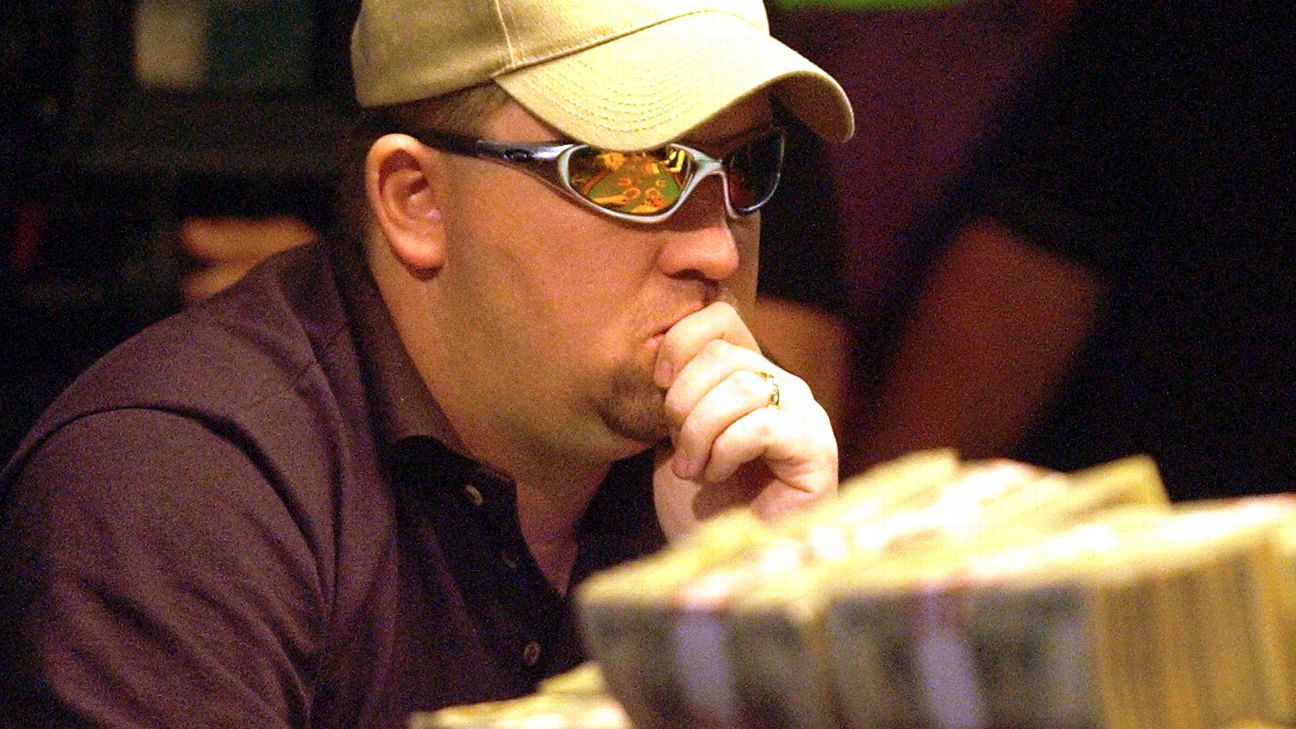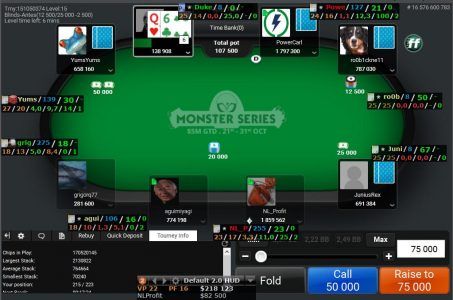Online Poker Bubble Bursts as Liquidity Returns to Pre-Lockdown Levels
Posted on: June 30, 2020, 04:06h.
Last updated on: July 1, 2020, 08:29h.
Talk of an internet poker boom has been premature, according to data from GameIntel. The industry monitor reported this week that online player traffic, so resurgent during lockdown, has returned to pre-pandemic levels.

Lockdown created a perfect storm for online poker. Hundreds of millions of people across the world were stuck indoors casting around for new forms of entertainment. Sports were canceled. Casinos and live poker rooms were shuttered.
For the first time in years, new players were coming into the game in significant numbers, while live players had little choice but to get their kicks online.
The hope was that these new players would stick around when normalcy resumed and that a new online poker boom — poker’s second wave — would propel the game back into the limelight, just as the first poker boom of the mid-2000s had made it very nearly, but not quite, mainstream.
But data suggests this was not a boom but a bubble, now burst. As first reported by Poker Industry PRO, GameIntel found that traffic in the European segregated market — France, Spain, and Portugal — had returned to March levels, while the Italian market was down over the past 180 days.
GameIntel tracks average daily cash game traffic across the largest online poker sites around the world.
Shake Your Moneymaker
Poker’s original boom can be traced to Chris Moneymaker’s unlikely World Series of Poker Main Event victory, where he took home $2.5 million in prize money.
The mild-mannered Tennessee accountant was one of the first amateur players to win the Series, and he was the first to do so by qualifying online, via an $86 satellite tournament on PokerStars. He was also had a headline-grabbing last name.
His story captured the imagination of millions, helped by the cancellation of the 2004-05 hockey season, which meant the tournament was frequently repeated on ESPN, which needed to plug a void. The resulting online poker snowball became known as the Moneymaker Effect.
There were 839 runners in the main event that Moneymaker entered in 2003. The following year, there were 2,576. The year after that, 5,619. By 2006, there were 8,733.
A tournament whose $10,000 buy-in had once made it inaccessible to the average Joe was now swollen with money from hordes of internet qualifiers.
Online poker sites were not just feeding the WSOP, but also the WPT, and a host of new televised TV tournaments that drew big audiences because of monster prize pools and improvements in hole cam technology.
Black Friday
In 2006, the Unlawful Gambling Enforcement Act — which criminalized online gaming transactions — unnerved the poker world. But its true impact would not be felt for five more years, when the DOJ seized the domains of America’s most popular poker sites, effectively shutting the game down in America, a day that came to be known by poker players as “Black Friday.”
But the truth is that the global online poker market had already begun to shift into decline when the feds put the kibosh on PokerStars, et al.
The skill gap between online pros and recreational players had grown too vast, and new players were being vacuumed up and spat out by multi-tabling regulars who were making full use of player-assistance software that helped to analyze their opponents’ weaknesses.
The recreational players who once formed the cornerstone of the poker economy began to abandon the game. They couldn’t win and so it was no longer fun. Online poker was essentially eating itself.
Ring-Fenced, Fragmented
Once player numbers begin to dwindle, there was no stopping the decline. The game needed a critical mass of player liquidity to sustain an attractive choice of games and tempting prize pools.
Poker sites have attempted to redress the balance in favor of the amateur player, banning player-assistance software and adopting social gaming mechanics. But the twenty-somethings that fueled the game in the 2000s now prefer e-sports and tend to see poker as a game for an older generation.
Online poker in the US remains fragmented — ring-fenced around a small number of regulated states — and is a long way from gaining the liquidity of the 2000s, when the market was truly global.
But all is not lost. Recent WSOP live fields have returned to their mid-2000s heights, suggesting the love of the game is still strong. And this year, because of the coronavirus pandemic, the WSOP will become an online-only event for the first time in its history.
We may not be in the middle of another poker boom, but the WSOP online will generate more press interest than perhaps any other online poker festival in history.
That, at least, gives online poker players — some of whom have been socially distancing for years — their chance to shine again this summer.
Related News Articles
Most Popular
FTC: Casino Resort Fees Must Be Included in Upfront Hotel Rates
Genovese Capo Sentenced for Illegal Gambling on Long Island
NBA Referees Expose Sports Betting Abuse Following Steve Kerr Meltdown
UPDATE: Former Resorts World & MGM Grand Prez Loses Gaming License
Most Commented
-
UPDATE: Whiskey Pete’s Casino Near Las Vegas Closes
— December 20, 2024 — 31 Comments -
Caesars Virginia in Danville Now Accepting Hotel Room Reservations
— November 27, 2024 — 9 Comments -
UPDATE: Former Resorts World & MGM Grand Prez Loses Gaming License
— December 19, 2024 — 8 Comments -
FTC: Casino Resort Fees Must Be Included in Upfront Hotel Rates
— December 17, 2024 — 7 Comments
















Last Comment ( 1 )
Hello, after reading this amazing article i am as well delighted to share my know-how here with mates.